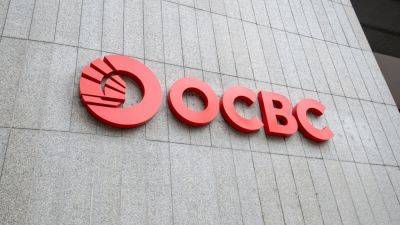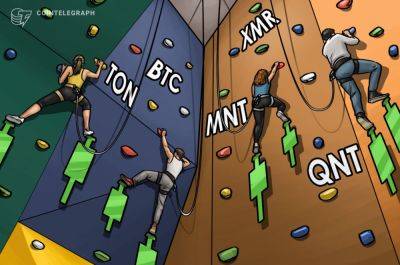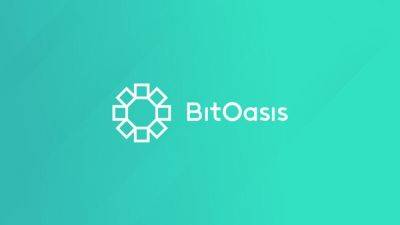CBDCs offer faster settlements: Citi survey of global securities firms
Discussions around shortening local financial settlement cycles within the next five years have most securities firms eyeing central bank digital currencies (CBDCs).
Banking giant Citi’s latest edition of its Securities Services Evolution white paper highlighted India’s recent move to T+1 settlements, which ensures all trade-related settlements conclude within 24 hours of a transaction. As the United States, Canada and other leading economies step up efforts to transition to T+1 settlement cycles, the Citi survey gauges the importance of distributed ledger technology (DLT), CBDCs and stablecoins in expediting this transition.
Of the 483 survey respondents and 12 financial markets infrastructures (FMIs), 87% see CBDCs as a viable option for shorter settlement cycles by 2026. The support for CBDCs jumped by 21% among securities firms year-on-year.
The year-on-year growing support for digital fiat currencies is supported by domestic pilots and cross-border initiatives. The Citi report read:
However, over the next years, some of the major roadblocks to the widespread adoption of digital assets include regulatory uncertainties, limited knowledge, backward compatibility with traditional financial systems and blockchain interoperabilities, among others, as listed below:
Of the various financial institutions surveyed, institutional investors, banks and asset managers have the greatest ability to scale and deliver marketwide solutions — a crucial determinant to the widespread adoption of CBDCs, stablecoins and other centrally governable financial instruments.
By 2028, financial aspirations will move beyond T+1, envisions Citi’s report. Some anticipated changes will include the mainstreaming of DLTs, shorter settlement cycles, digital
Read more on cointelegraph.com






















